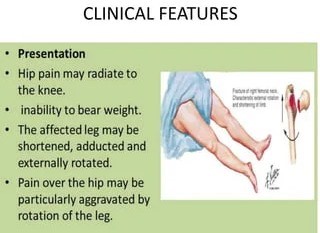The nurse is admitting a client diagnosed with acute renal failure (ARF). The nursing assessment will prioritize ...
Urine output and electrolyte levels.
Understanding of how to prevent falls.
Peripheral vascular perfusion and pain.
Risk for bleeding and white blood cell count (WBC)
The Correct Answer is A
Acute renal failure is characterized by a sudden decline in kidney function, resulting in the inability of the kidneys to adequately filter waste products and maintain fluid and electrolyte balance. Monitoring urine output is essential in assessing kidney function and determining the severity of renal failure. A decrease in urine output or anuria may indicate worsening renal function and the need for immediate interventions.
Assessing electrolyte levels, such as sodium, potassium, calcium, and phosphorus, is crucial because renal failure can disrupt the balance of these electrolytes in the body. Imbalances can lead to complications such as electrolyte abnormalities, cardiac dysrhythmias, and neuromuscular disturbances. Prompt identification and management of electrolyte imbalances are essential in preventing further complications and supporting optimal patient outcomes.
Nursing Test Bank
Naxlex Comprehensive Predictor Exams
Related Questions
Correct Answer is D
Explanation
This finding suggests that the client may have experienced a hip fracture. The shorter leg can be a result of the fractured bone, causing a misalignment or displacement. The protruding bump on the side can be a sign of a dislocated or fractured hip joint. It is important to assess and confirm this suspicion through appropriate diagnostic measures, such as X-rays, to provide the necessary medical intervention and management.

Correct Answer is D
Explanation
Aspiration refers to the inhalation of gastric contents or other substances into the respiratory tract. During surgery, when the patient is under general anesthesia, the protective airway reflexes may be suppressed, increasing the risk of aspiration. If stomach contents enter the lungs, it can lead to aspiration pneumonia, respiratory distress, and other complications.
While myocardial infarction (MI), hernia, and cerebral vascular accident (CVA) are possible complications that can occur during surgery, they are not specifically related to airway issues.
MI is a cardiac event involving the blood supply to the heart muscle, hernia refers to the protrusion of an organ or tissue through an abnormal opening, and CVA refers to a disruption of blood flow to the brain. These complications can have various causes but are not directly related to the airway during surgery.
Whether you are a student looking to ace your exams or a practicing nurse seeking to enhance your expertise , our nursing education contents will empower you with the confidence and competence to make a difference in the lives of patients and become a respected leader in the healthcare field.
Visit Naxlex, invest in your future and unlock endless possibilities with our unparalleled nursing education contents today
Report Wrong Answer on the Current Question
Do you disagree with the answer? If yes, what is your expected answer? Explain.
Kindly be descriptive with the issue you are facing.
